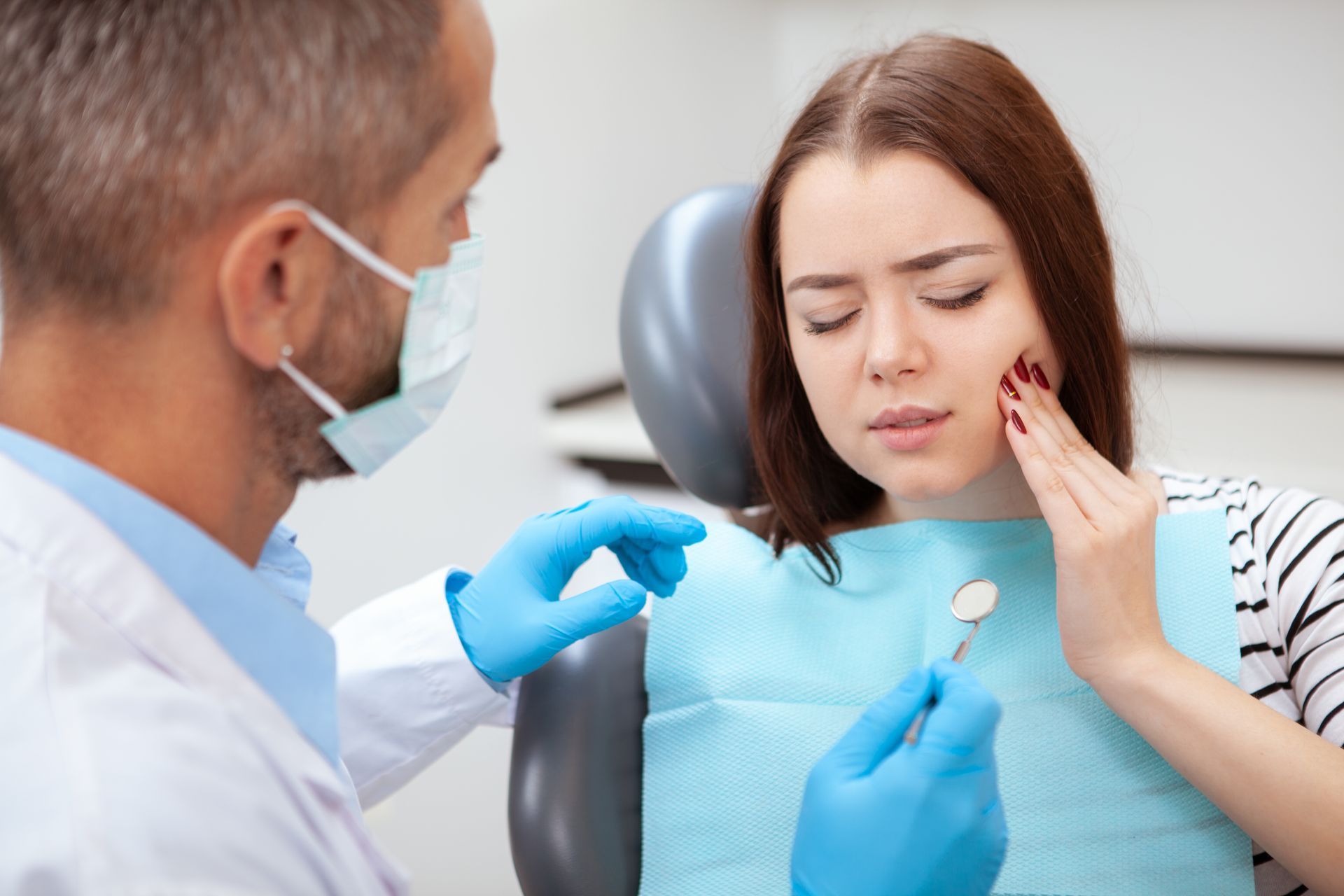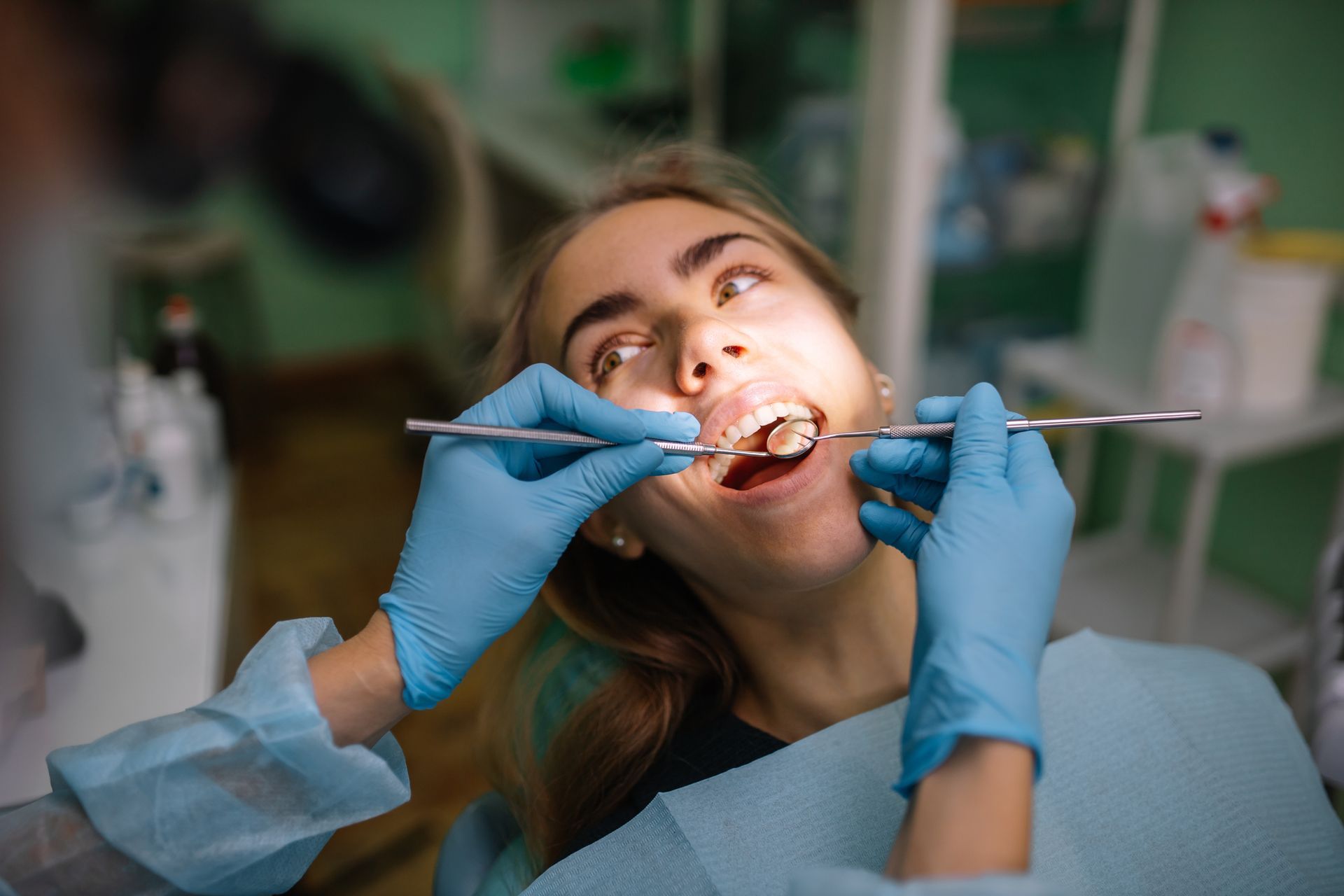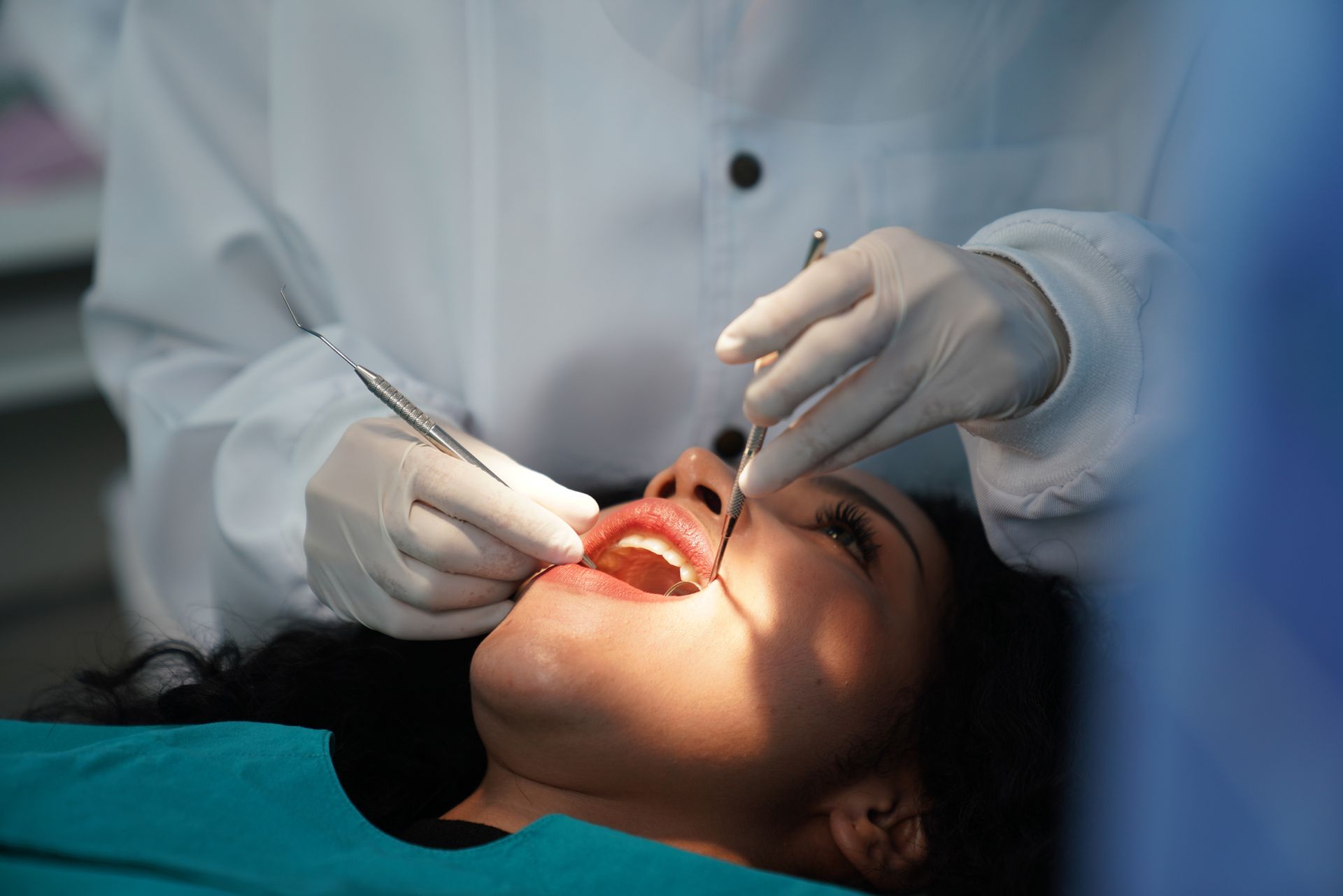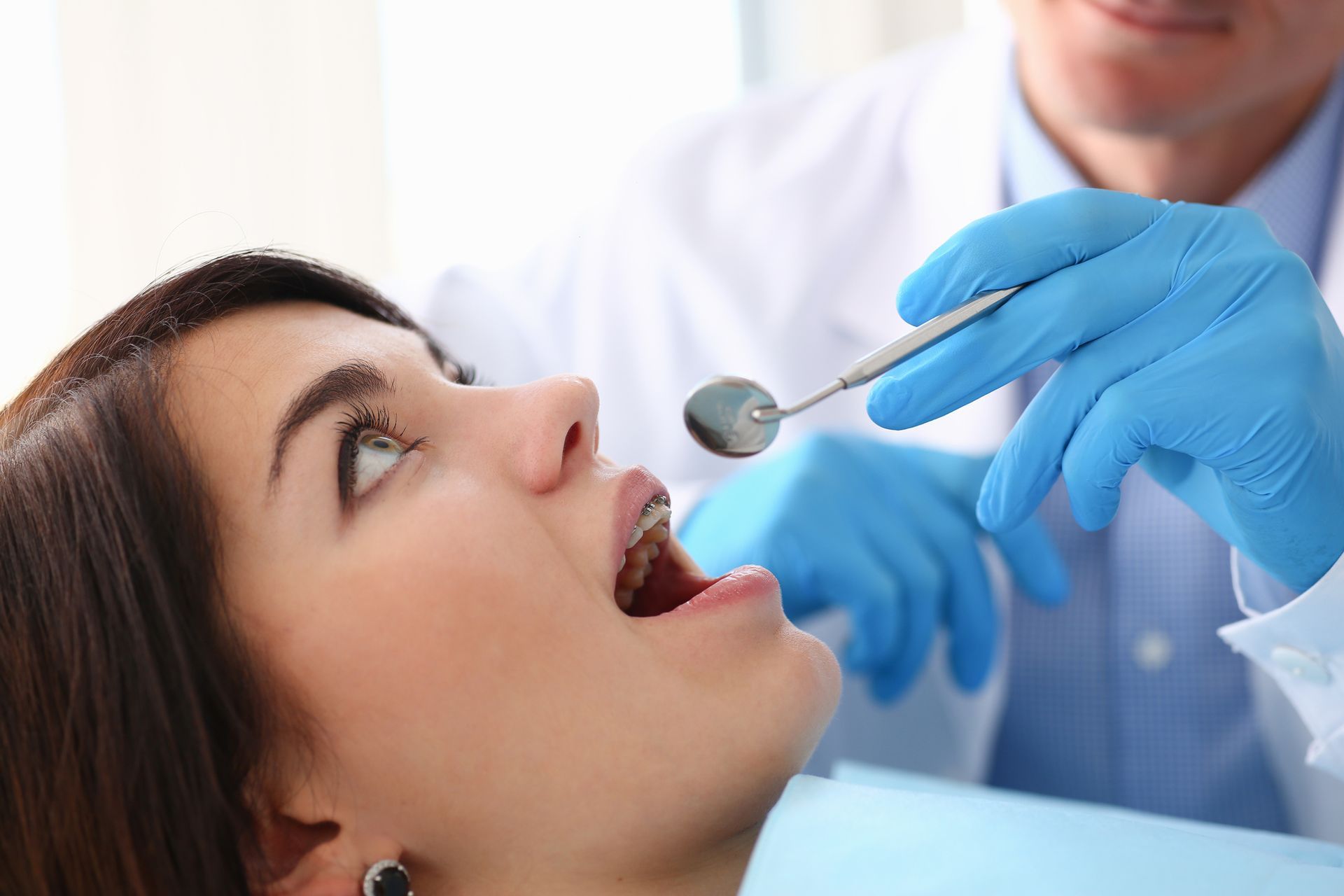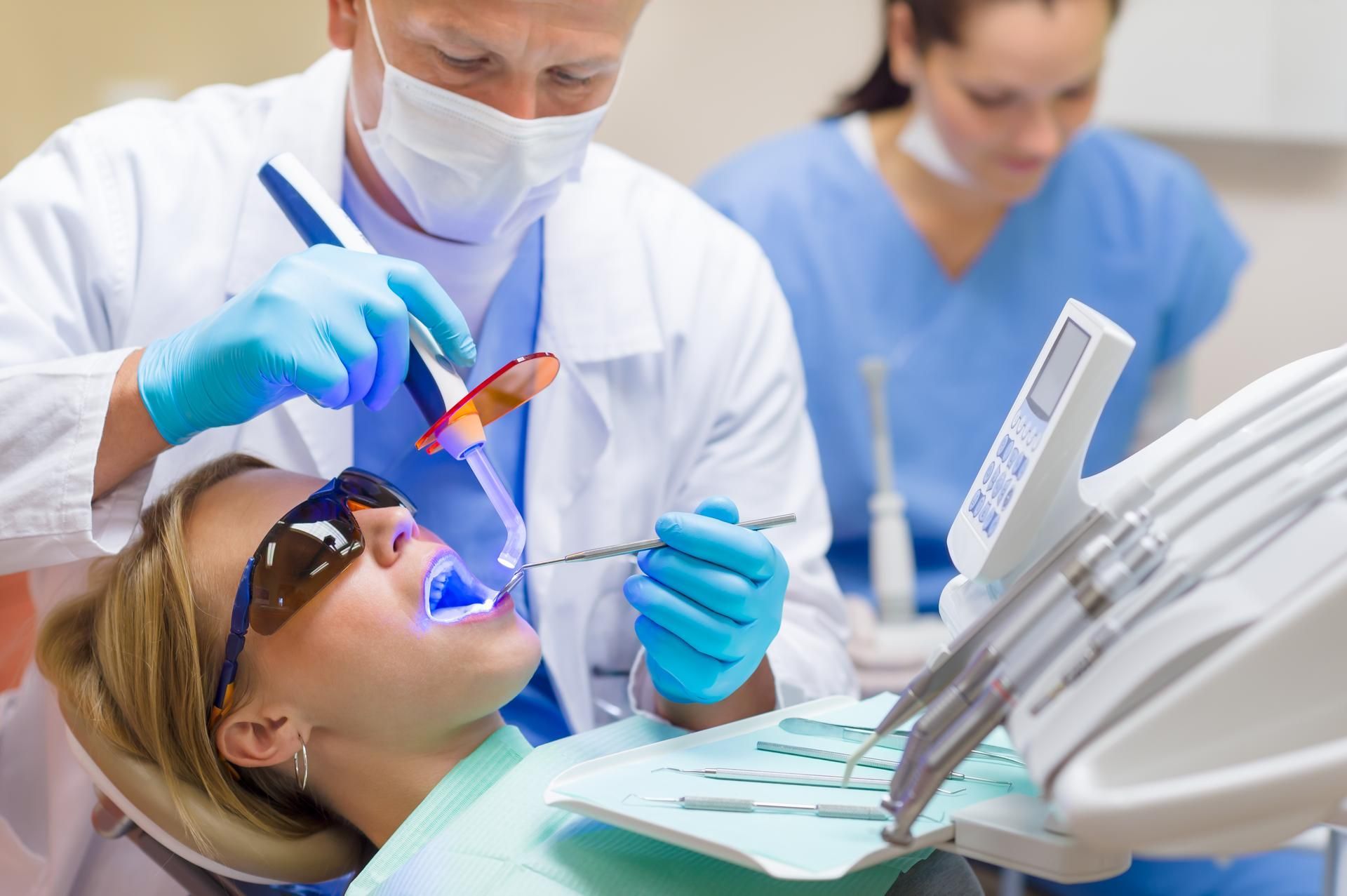What You Need To Know About Oral Care and Bad Breath
Also known as halitosis, bad breath is a common complaint among dental patients. If you have this odorous issue, take a look at what you need to know about your mouth's health and halitosis.
What Is Halitosis?
Halitosis is an odd or off odor that comes from your mouth. The type of odor and strength of the scent may vary from person to person, at different times in your life, or even in different circumstances. Bad breath is sometimes a chronic or long-term condition that has a medical or dental cause. But it can also happen once in a while after eating pungent foods.
Can Poor Dental Hygiene Cause Halitosis?
Yes, poor oral care can affect the scent of your breath. Failure to brush and floss your teeth at least twice a day can leave food particles behind. Not only can the food debris smell, but these particles will also feed the normal bacteria that live inside your mouth. This results in bacterial overgrowth.
As the bacteria eat your leftovers, the microorganisms produce byproducts that form a sticky film known as plaque. This can result in tooth decay or it can irritate the gums. Gum irritation can eventually lead to periodontal disease. These infections (dental decay and periodontal/gum disease) can cause an unpleasant oral odor.
Is Poor Oral Hygiene the Only Dental Reason for Halitosis?
No, poor oral hygiene isn't the only dental-halitosis connection. Some people who brush and floss regularly may still experience bad breath. Along with oral hygiene, dry mouth can also cause halitosis symptoms.
Xerostomia (the medical term for dry mouth) happens when saliva production decreases. Saliva serves a purpose in your mouth. The colorless and usually odorless liquid helps you to digest some types of foods, makes it easier for you to swallow or chew, neutralizes bacterial acids in your mouth, and helps to wash away leftover oral debris.
Without enough saliva, food particles may sit in your mouth (or between your teeth) and bacteria could start to grow. These changes in the oral environment can lead to increased plaque development, dental decay, and periodontal disease. Like poor oral care, these issues can cause halitosis.
What Else Could Cause Halitosis?
Oral infections such as periodontitis (gum disease) and mouth sores could also cause bad breath. But it's also possible that the odd odor has a non-dental cause. While dental culprits are common reasons to experience this issue, some diseases, metabolic disorders, and gastroesophageal reflux disease (or GERD) can also cause offensive oral odors. Some types of medications, chronic sinus infections, tonsil stones, and infections of the nose or throat may also result in a temporary bout of halitosis.
How Can You Prevent Halitosis?
Proper oral care is the first step to prevention. The American Dental Association (ADA) recommends brushing your teeth with a fluoride-containing toothpaste for at least two minutes at least two times each day. This can help to reduce the amount of plaque in your mouth and decrease the chances of decay or infection-related bad breath.
You should also clean between your teeth with floss or a similar oral device daily. This step removes debris and plaque from the in-between spots and can also reduce the chances of developing odor-causing decay.
Other preventative steps you can take to stop halitosis in tracks include regular dentist office visits and dietary changes. The dentist's office cleaning can reach areas that your brush and flossing tool may not. This deeper clean can remove debris and tartar buildup that can lead to lingering bad breath.
Dietary changes may include reducing the amount of pungent foods (such as garlic or onions) that you eat or eliminating sugary and acidic foods/beverages. Sugary and acidic foods and beverages can increase plaque development and raise the risk of halitosis-causing dental decay.
Do you need to schedule a professional dental cleaning? Contact Henderson Family Dentistry for more information.
